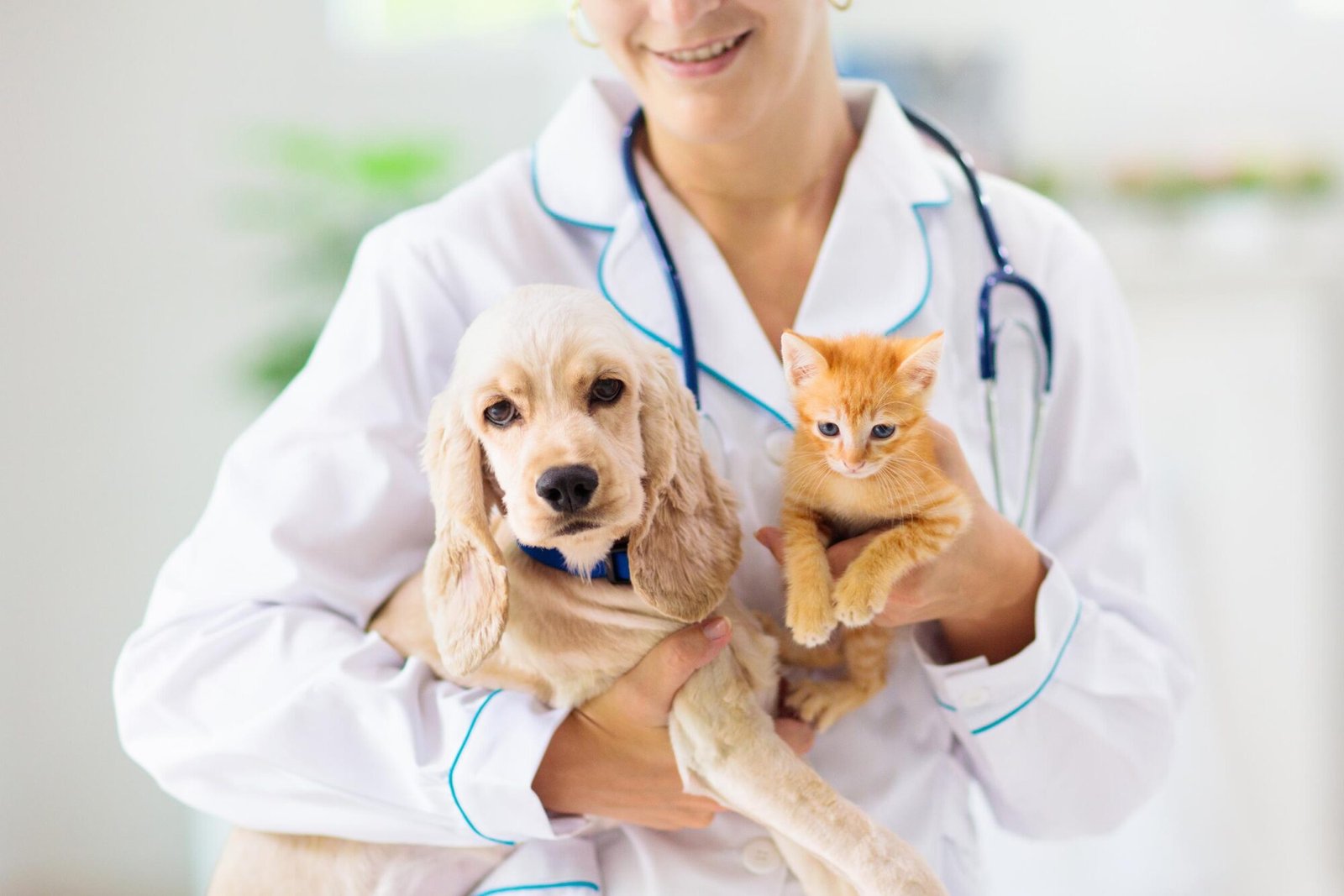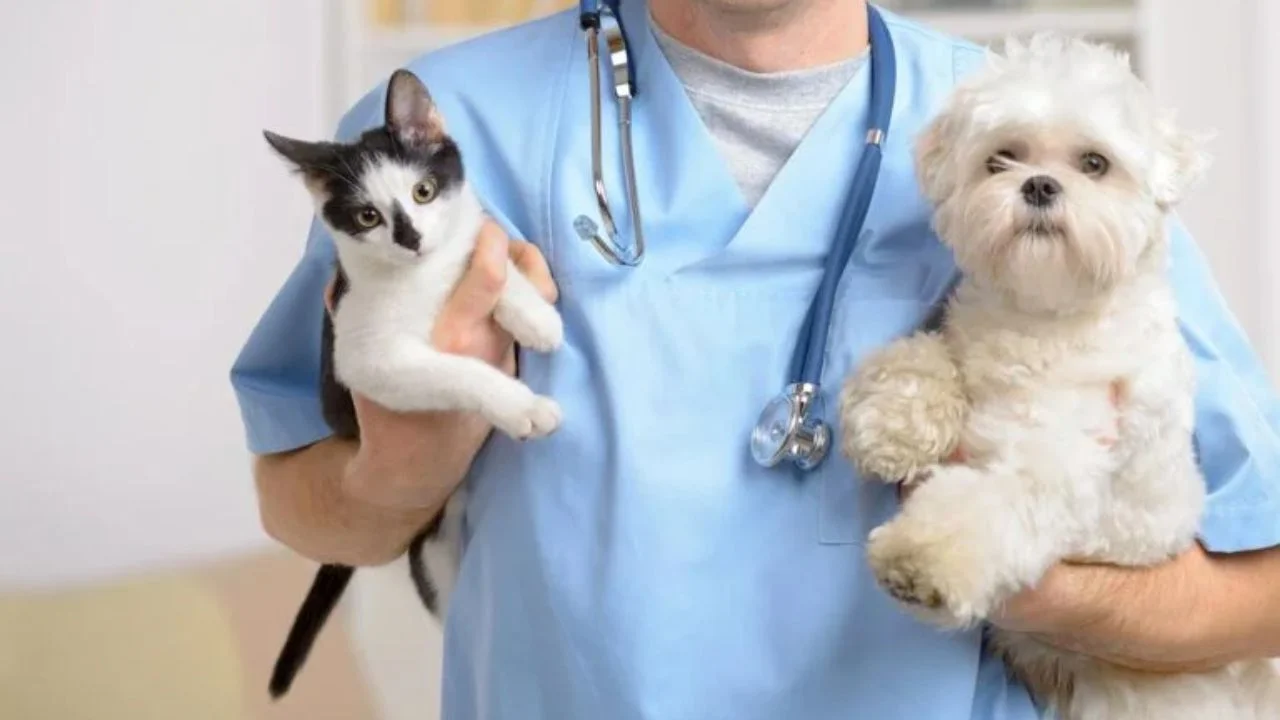As pet owners, we all want our furry companions to live long, happy, and healthy lives. Just like humans, pets require routine medical checkups, preventive care, and early detection of diseases to maintain their well-being. Regular veterinary visits play a crucial role in extending a pet’s lifespan and improving their quality of life. From vaccinations to dental care, every aspect of routine vet visits contributes to a pet’s overall health.
The Importance of Routine Vet Visits
Preventive care is key to avoiding major health complications in pets. Many illnesses and diseases in pets develop gradually and may not show obvious symptoms until they become severe. Routine checkups allow veterinarians to detect underlying issues early, providing timely treatment that can prevent conditions from worsening.
During a vet visit, a professional will examine your pet’s weight, coat condition, dental health, and overall physical well-being. They will also check for lumps, skin conditions, and any other abnormalities. These regular assessments help track any changes in a pet’s health over time, allowing for early intervention when necessary.
Vaccinations and Preventive Treatments
One of the most effective ways to keep pets healthy is through vaccinations and preventive medications. Vaccines protect pets from potentially deadly diseases such as rabies, parvovirus, distemper, and feline leukemia. Preventive medications also help in controlling parasites like fleas, ticks, and heartworms, which can cause serious health complications.
Skipping vaccinations and preventive care can put pets at risk of infections, leading to costly treatments and unnecessary suffering. By staying up to date with vaccinations and parasite prevention, pet owners can ensure their companions remain healthy and protected.
Dental Health and Its Impact on Longevity
Dental health is often overlooked, but it plays a significant role in a pet’s overall well-being. Poor dental hygiene can lead to periodontal disease, which can cause pain, tooth loss, and even infections that spread to the heart, liver, and kidneys.
Veterinarians recommend regular dental checkups and professional cleanings to prevent serious oral health issues. Additionally, pet owners can help maintain their pet’s dental health at home by brushing their teeth, providing dental treats, and using water additives designed to reduce plaque buildup.
Nutrition and Weight Management
Proper nutrition is essential for a pet’s longevity. Obesity is a leading cause of health problems in pets, increasing the risk of diabetes, arthritis, and heart disease. Veterinarians can provide guidance on the right diet for a pet’s breed, age, and health condition, ensuring they receive the necessary nutrients without overfeeding.
Routine vet visits also help monitor a pet’s weight and detect early signs of malnutrition or obesity. A veterinarian may suggest dietary changes, portion control, and exercise routines to maintain a healthy weight and prevent obesity-related diseases.
Early Detection of Chronic Diseases
Many chronic diseases, such as diabetes, kidney disease, and liver disorders, develop gradually. By the time symptoms become noticeable, the disease may already be in an advanced stage. Regular vet checkups include blood tests and other diagnostic screenings that help detect these conditions early, allowing for better management and treatment options.
For instance, liver diseases in dogs can be life-threatening if not diagnosed early. Signs of liver disease include jaundice, vomiting, weight loss, and lethargy. Routine bloodwork can identify liver enzyme imbalances before symptoms appear, leading to early intervention and improved outcomes.
Senior Pet Care and Quality of Life
As pets age, they become more vulnerable to health issues such as arthritis, vision loss, and organ failure. Regular vet visits are even more critical for senior pets, as early detection and proactive care can significantly enhance their quality of life.
Veterinarians can recommend supplements, pain management solutions, and lifestyle modifications to help aging pets remain comfortable and active. Monitoring their health closely allows for adjustments in their care routine, ensuring they continue to enjoy their golden years.
When Is Pet Euthanasia the Right Choice?
Despite the best veterinary care, there comes a time when a pet may face a terminal illness or unbearable suffering. Making the decision to say goodbye is one of the most heartbreaking choices a pet owner can face.
For those in Idaho, Boise pet euthanasia services provide compassionate and peaceful options for pets in their final moments. Many families choose in-home euthanasia to give their pets a stress-free and comfortable farewell in familiar surroundings.
Heartstrings Pet Hospice: Providing Comfort and Support
For pet owners struggling with end-of-life care decisions, Heartstrings Pet Hospice offers valuable support and guidance. Their team specializes in hospice care, pain management, and euthanasia services, helping families navigate this difficult time with compassion and dignity.
By seeking hospice care, pet owners can ensure their beloved companions receive the necessary medical attention and comfort in their final days. This approach prioritizes a pet’s quality of life while giving families the time to say their goodbyes in a meaningful way.
Final Thoughts
Regular veterinary care is one of the most important aspects of responsible pet ownership. Routine checkups, vaccinations, dental care, and early disease detection all contribute to a longer, healthier life for pets.
While veterinary care can help pets live longer, there will eventually come a time when pet owners must make difficult decisions about end-of-life care. Whether through hospice services or euthanasia, providing a peaceful and compassionate goodbye is the final act of love pet owners can offer.
By staying proactive with vet visits and being informed about end-of-life care options, pet owners can ensure their furry companions receive the best care throughout every stage of their lives.








Leave a Reply